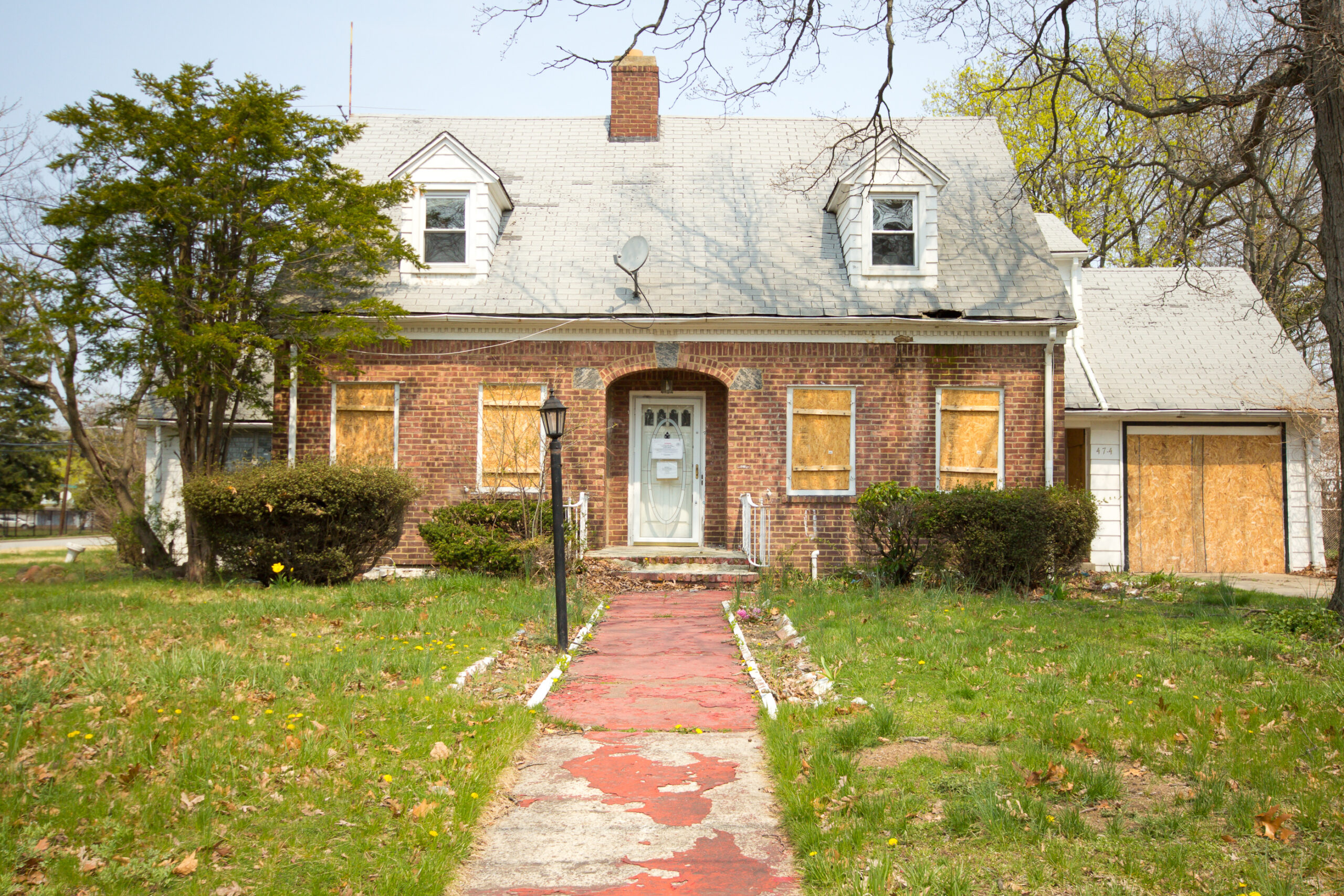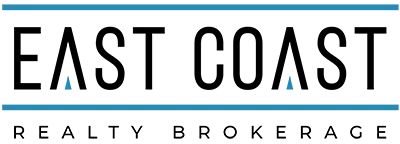
Buying a foreclosed home can be an enticing prospect for many homebuyers. These properties often come with the potential for significant cost savings, making homeownership more affordable. However, purchasing a foreclosed home comes with its own set of advantages and disadvantages. In this blog, we’ll explore the pros and cons of buying a foreclosed home to help you make an informed decision.
The Pros of Buying a Foreclosed Home
1. Cost Savings: One of the most significant advantages of buying a foreclosed home is the potential for cost savings. These properties are typically priced below market value, making homeownership more affordable, especially for first-time buyers.
2. Equity Building: Since foreclosed homes are often priced lower than their market value, buyers have the opportunity to build equity from day one. If you make necessary improvements, your home’s value can increase over time.
3. Investment Opportunities: Foreclosed homes can be a great option for real estate investors looking to flip properties or build a rental portfolio. The lower purchase price can lead to better returns on investment.
4. Negotiation Leverage: Banks and lenders are motivated to sell foreclosed properties. As a result, buyers often have more negotiation leverage to secure a favorable deal, such as lower sale prices or better financing terms.
5. Quick Move-In: Unlike traditional home sales, where sellers may need time to vacate the property, foreclosed homes are typically vacant and ready for immediate occupancy, making the move-in process faster.
6. Opportunity for Renovation: Foreclosed homes often require some level of renovation or repairs. This presents an opportunity for buyers who are handy or have connections in the construction industry to create a customized living space.
7. Diverse Property Types: Foreclosed properties come in various types, including single-family homes, condos, townhouses, and even commercial properties. This diversity offers buyers a wide range of options.
The Cons of Buying a Foreclosed Home
1. Condition Risk: Many foreclosed homes are sold “as-is,” which means the buyer assumes the property in its current condition. Some of these homes may require extensive repairs and may have hidden issues that can be costly to fix.
2. Limited Inspections: Foreclosed properties may not allow for a comprehensive home inspection. Buyers are often limited in their ability to assess the property’s condition before purchase.
3. Financing Challenges: Financing a foreclosed home can be more complex. Some lenders have stricter requirements, and the property’s condition may affect your eligibility for certain loans.
4. Competitive Bidding: In desirable areas, foreclosed homes can attract a lot of interest, leading to competitive bidding wars that may drive up the price.
5. Emotional Attachment: Foreclosed homes can lack the charm and character of traditional homes, which may be a drawback for buyers who value a personalized, move-in-ready living space.
6. Title Issues: Foreclosed properties can come with title issues or liens that may need to be resolved. This can create delays and complications in the purchase process.
7. Uncertain History: Buyers may not have access to the property’s complete history, including information about previous maintenance, renovations, or property conditions. This uncertainty can be a challenge when planning repairs or upgrades.
8. Legal Procedures: The process of buying a foreclosed property can be more complicated due to legal and bureaucratic procedures, including paperwork, auctions, and specific timelines.
9. Neighborhood Quality: Foreclosed properties are sometimes found in neighborhoods with a higher number of distressed properties. This can affect the overall quality and desirability of the area.
10. Emotional Stress: The process of buying a foreclosed home can be emotionally taxing, especially if you face unexpected complications, delays, or disappointments during the search and purchase.
Tips for Buying a Foreclosed Home
If you decide that buying a foreclosed home is the right choice for you, here are some tips to help you navigate the process successfully:
1. Obtain Pre-Approval: Get pre-approved for a mortgage before you start searching for foreclosed properties. This can help you set a budget and give you an advantage in negotiations.
2. Work with a Real Estate Agent: Enlist the services of an experienced real estate agent who specializes in foreclosed properties. They can guide you through the process and help you find suitable listings.
3. Do Your Due Diligence: Even if inspections are limited, do as much research as possible. Check property records, visit the neighborhood, and consult with local experts to understand the property’s history.
4. Budget for Repairs: Anticipate that foreclosed homes may need repairs and renovations. Factor these costs into your budget.
5. Be Patient: The process of buying a foreclosed home can take time, and finding the right property may require patience and persistence.
6. Stay Informed: Keep yourself informed about market conditions and trends, as well as legal requirements and regulations related to foreclosed properties.
Conclusion
Buying a foreclosed home can offer significant cost savings and investment opportunities, but it also comes with certain risks and challenges. Careful research, thorough due diligence, and the guidance of a knowledgeable real estate agent can help you make an informed decision and navigate the process successfully. Whether you’re a first-time buyer looking for an affordable starter home or an investor seeking opportunities in the real estate market, understanding the pros and cons of buying a foreclosed property is essential to make a well-informed choice.


